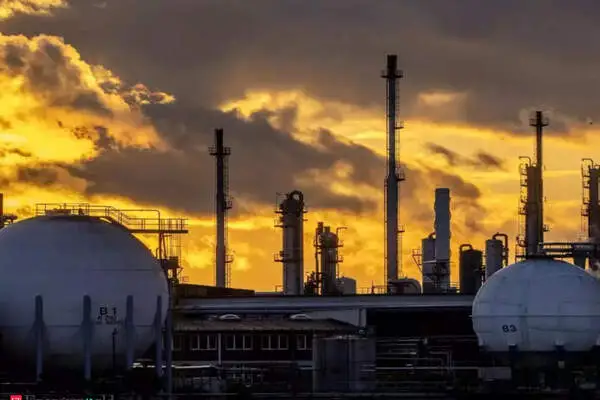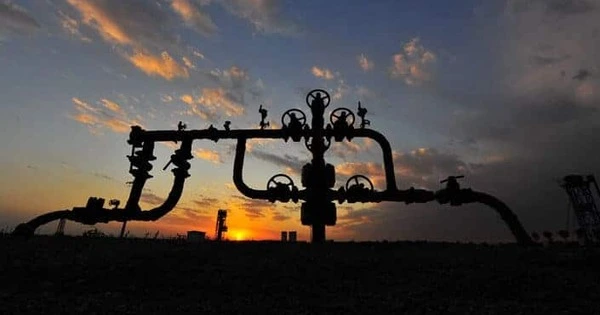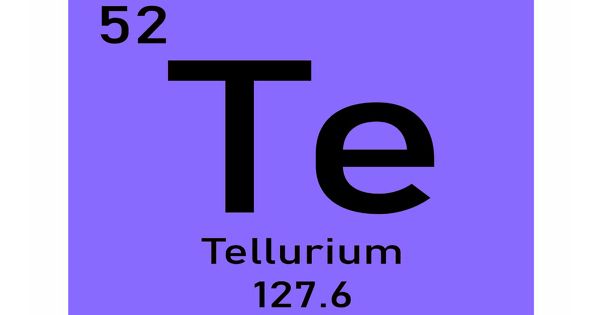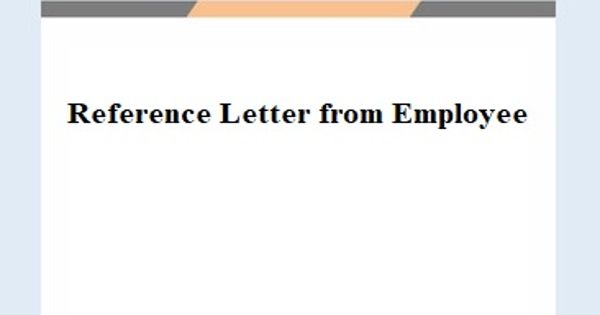The European Union has imposed a partial embargo on Russian crude oil and petroleum products, as well as a ban on insurance for Russian oil exports. However, removing Russian oil from the market and reducing Russian export revenue without harming European and other consumers may be difficult.
Using a new power sector model, a group of researchers led by faculty from Binghamton University, State University of New York, has proposed a method for Europe to eliminate natural gas imports from Russia.
The Russian invasion of Ukraine has exposed Europe’s reliance on Russian natural gas imports. The European Commission’s REPowerEU plan outlines a European Union-wide path to reduce Russian natural imports by two-thirds by the end of 2022, with complete elimination of Russian gas by 2027.
All successful gas independence pathways increase reliance on coal-fired electricity generation but reduce overall greenhouse gas emissions due to offsets from lower gas demand. Increasing renewables, electrification of heating and liquified natural gas imports will steadily replace the current policy levers and maintain Europe’s long-term energy transition.
Patankar
In the short term, there are only four major policy levers to consider: increasing pipeline gas and liquefied natural gas imports from non-Russian sources, reducing gas demand in heating and industry, reducing gas-fired electricity generation, and adopting flexible gas storage targets.
A research team led by Binghamton University engineer Neha Patankar developed a power sector model for Europe as well as a gas network model to examine multiple viable paths to complete independence from Russian natural gas. Patankar is an operations research analyst who specializes in energy and power system modeling. Her research aims to provide insights into making a sound decision in the face of parametric and structural uncertainty. Her studies also include the assessment of low-carbon technologies as well as the effects of policy scenarios on energy systems.

To assess the feasibility and potential impact of a near-complete embargo on Russian natural gas imports to Europe beginning in October, the team modeled European natural gas and electricity systems.
It found that Europe can eliminate reliance on Russian natural gas by augmenting REPowerEU plans with a temporary boost in coal and recalibrated gas storage.
“All successful gas independence pathways increase reliance on coal-fired electricity generation but reduce overall greenhouse gas emissions due to offsets from lower gas demand,” said Patankar, assistant professor in Binghamton University’s Department of Systems Science and Industrial Engineering.
To be successful these actions will have to be sustained for the next two winters, Patankar said. “Increasing renewables, electrification of heating and liquified natural gas imports will steadily replace the current policy levers and maintain Europe’s long-term energy transition,” she said.
















